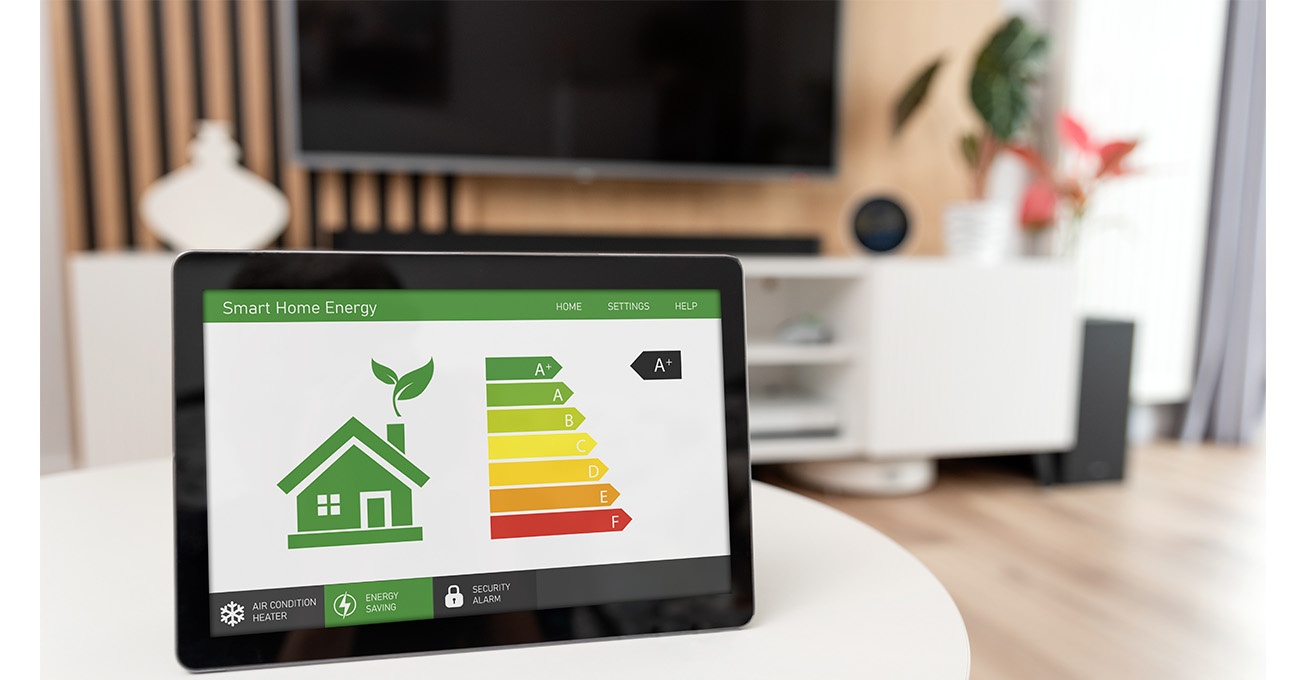There is no business that doesn’t have to think about the security and safety of their assets.
Depending on the nature of your business, there may be some additional areas that require a more scrutinizing eye, and that is certainly the case for your healthcare business. Here, we’re going to look at how healthcare businesses, such as private practices, can protect themselves against risks for which they might otherwise be liable.

Photo Credit: Pixabay License
The need for business insurance
Like every business, you need to ensure that yours gets the business insurance that it needs. Typical business insurance, also known as general liability service, is designed to help protect against the financial loss that can be incurred as a result of bodily injury, property damage, medical expenses, and the like that the business may be responsible for. Healthcare businesses are also likely to need professional liability insurance and may need specific malpractice insurance to cover those more particular risks of working in medicine.
Patient safety
Of course, doing your best to prevent any kind of harm to your patients or clients is always going to be the preferable answer. To that end, you can look at services like Vernacare, which specializes in helping practices and healthcare businesses protect their patients. This can include installations to prevent infections in your practice, effective waste management practices, and surgical solutions to make the procedures you practice that much safer. There are many regulations to which healthcare professionals must work to ensure the safety of their patients, but you can always go above and beyond to show your patients the dedication to the care that you offer.
Employee safety
It’s not just your patients that you’re responsible for. If you have any staff on the team, then you are responsible for their health and safety, as well. Working with services like Safety Consultants can help you uncover problem areas in the workplace that can lead to things like slip, trip, and fall accidents or musculoskeletal injuries. However, worker security is a key concern in healthcare, who can be at risk of violence from patients, especially those who may be in a confused or disoriented state. As such, security installations such as a panic button are also well worth considering.
Your data security
Nowadays, the medical profession is becoming more and more digitized. The records we keep on patients, alone, are of critical importance, and ensuring they do not fall into unauthorized possession by someone who shouldn’t have them is critical. To that end, you have to take steps to ensure that your data stays protected, such as installing the right security software, updating access details on a regular basis, and training your employees on cyber security. Most often, data breaches come not as a result of a hacker cracking into a system, but an employee falling for things like a phishing scam or leaving their terminal unsecured.
Running a business, you have to learn about liability, one way or another. The examples above are not a comprehensive list of the things that a healthcare business might have to focus on, but they are certainly a place to start.






